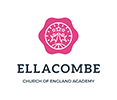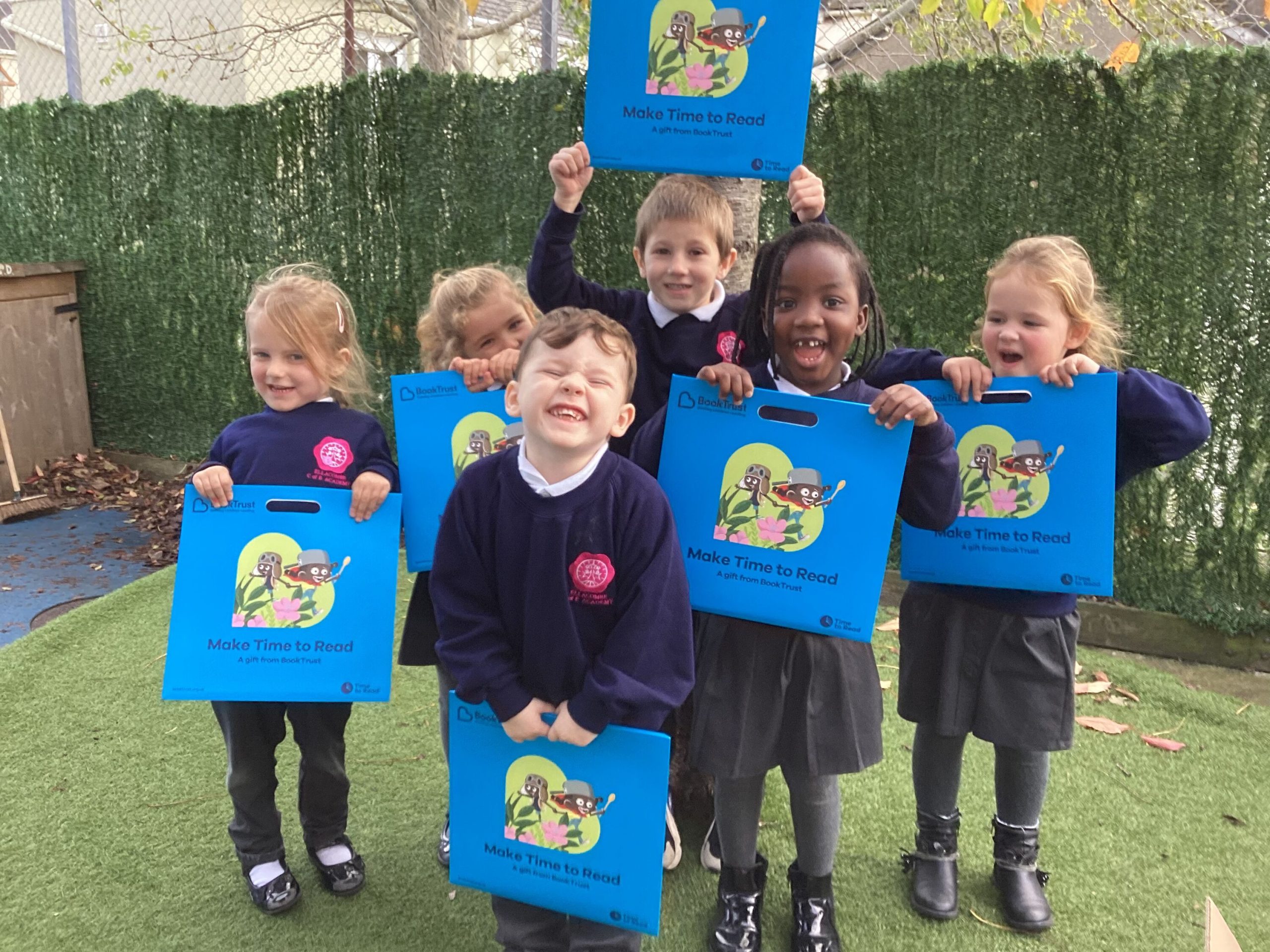


The curriculum is the beating heart of Ellacombe Academy. It has been carefully crafted and organised so that it plants the seeds to enable our children to gain the necessary knowledge and skills to take them into the next stages of their education and beyond.
Key areas of study have been carefully considered with the children at the heart. We ensure that gaps in pupils’ experiences are addressed. It enables our children to enhance their understanding of what it means to be a citizen in modern Britain, whilst exploring and supporting their local community and the communities beyond. We explore what it means to develop their cultural capital, giving them opportunities and choices to shape their future and their impact on society as they progress through their school years and beyond.
Our curriculum is knowledge-rich and skills are acquired alongside core content in order that the fluent application of knowledge develops learners’ skills across a range of subjects. An importance is placed upon foundational knowledge, concepts and core skills so that sufficient knowledge is established, ready for the next stage of learning.
The curriculum is organised by subject domain with natural links between core content established where appropriate. This allows children to study the pure essence of each subject and develop as historians, musicians and the like.
Progression of knowledge and skills documents outline the core content to be covered for each subject. They provide clarity of the `sticky’ knowledge for each year group. These documents also contain the key vocabulary to be taught and provide relevant texts that will support each area.
There are medium term plans for each area of each subject. These plans provide the coherently sequenced lessons that will cover the core content. They provide a natural progression for pupils to continually layer their understanding and build upon prior learning. Retrieval practice is a key component of each lesson that allows pupils to revisit and revise prior content.
Assessment is carried out continuously in the classroom as children learn. Through observations, peer assessment, marking and feedback and self-assessment, children are aware of what they have done well and how they can improve further.
From ongoing feedback on pupil progress, teachers will ensure that they are building on prior learning and knowledge. A range of assessment tools will be used to identify where pupils may need extra support or intervention.